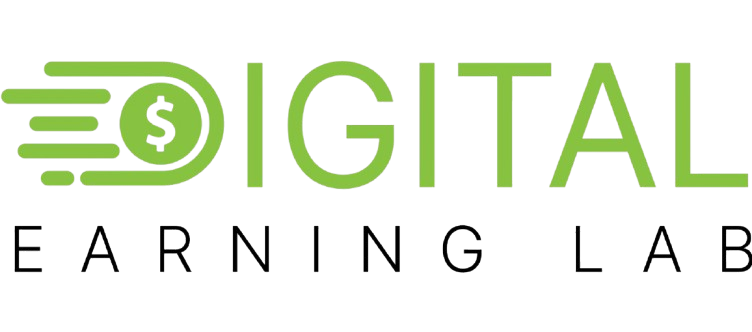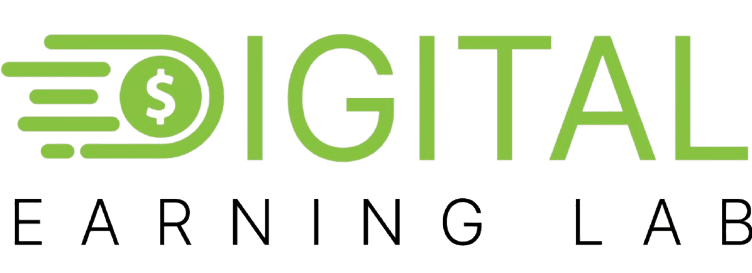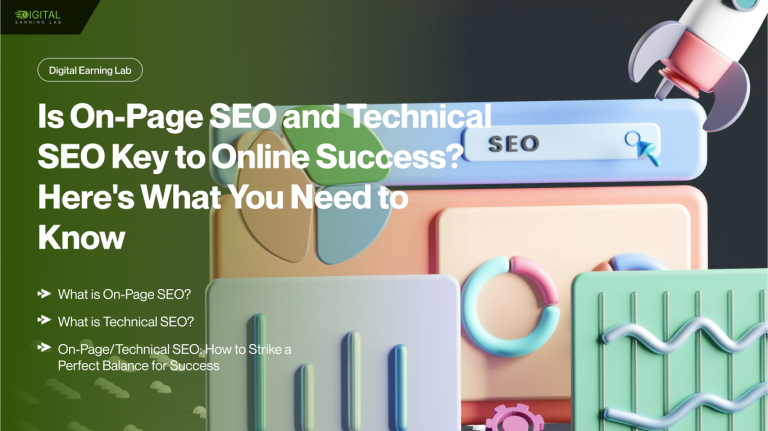Introduction
SEO is basically key to having a website noticed on the internet. This helps search engines understand and then rank a website so that its contents are more viewable to the users. Not everyone knows, though, that SEO can be divided into two main types: On-Page SEO and Technical SEO. Although both kinds are numerous and of grave importance, they will handle different areas of your website. This may raise a question as to which one is considered of higher importance toward online success?
In this article, we’ll go into detail about the differences between On-Page SEO and Technical SEO, for what reasons both are needed, and how you can use these together for better results with your website.
What is On-Page SEO?
On-page SEO, in basic terms, is all approximately optimizing the unmistakable parts of your site. It also involves adjusting the content and structure of one’s website to make it user- and search engine-friendly.
Let’s take a closer look at some of the most important elements of On-Page SEO:
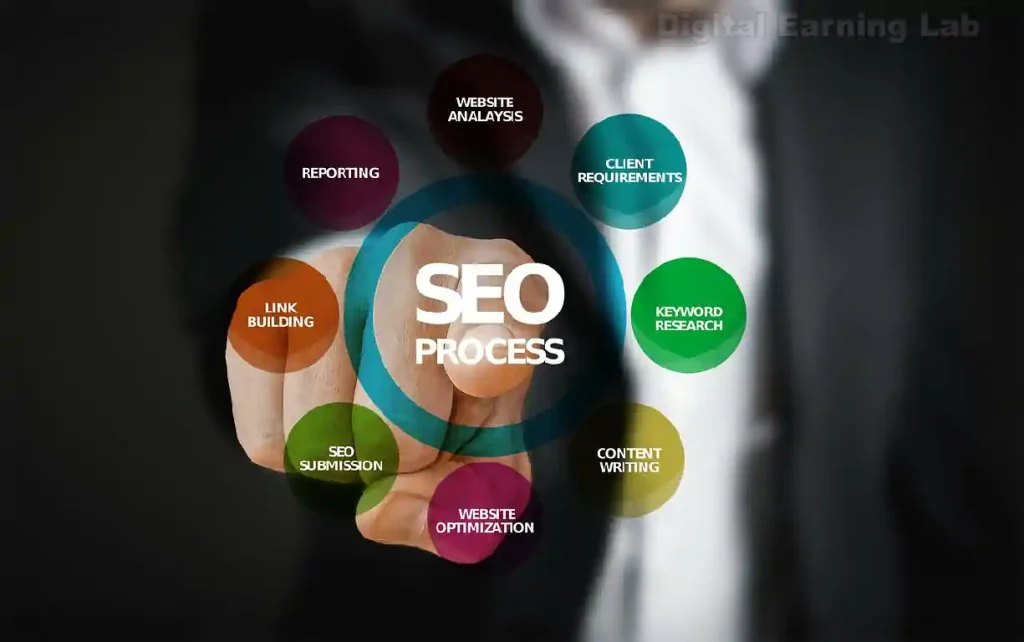
- Content Optimization: Your content is the king when it comes to On-Page SEO. It should be informative, readable, and add value to the readers. Search engines give good ranks to a website that has useful content; hence, the better the content, the higher ranking it’ll have.
- Keyword Placement: Keywords are what people type into a search box to look for something online. You want to research what keywords might be used with your niche and use them naturally throughout your content: in your headings, body text, and meta tags.
- Meta Descriptions and Titles: These are the small pieces of text that appear on the search results page. They should be written well, include your main keyword, and be enticing enough for users to click on your link.
- Header Tags (H1 H2, etc.): These header tags structure your text and render it far more readable to users and search engines alike. You use the H1 tag for your title and other tags of headers, like H2 and H3, in organizing subtopics.
- Internal Linking: Internal links are those which link one page on your website to another. This will not only help users navigate your site better but also allow search engines to comprehend the structure of your site and index it more effectively.
This can be achieved by optimization, meaning you make several improvements on the aspects to improve the user experience of your site. Good user experiences would impart attraction and retention of visitors; more visitors mean more engagement, hence helping your website rank better in search engines.
What is Technical SEO?
While On-Page SEO focuses on what your visitors see, Technical SEO tackles the back of your website. It makes sure your site is running right and easily searchable by search engines, showing great on all types of devices.
Some of the most critical elements of Technical SEO follow:
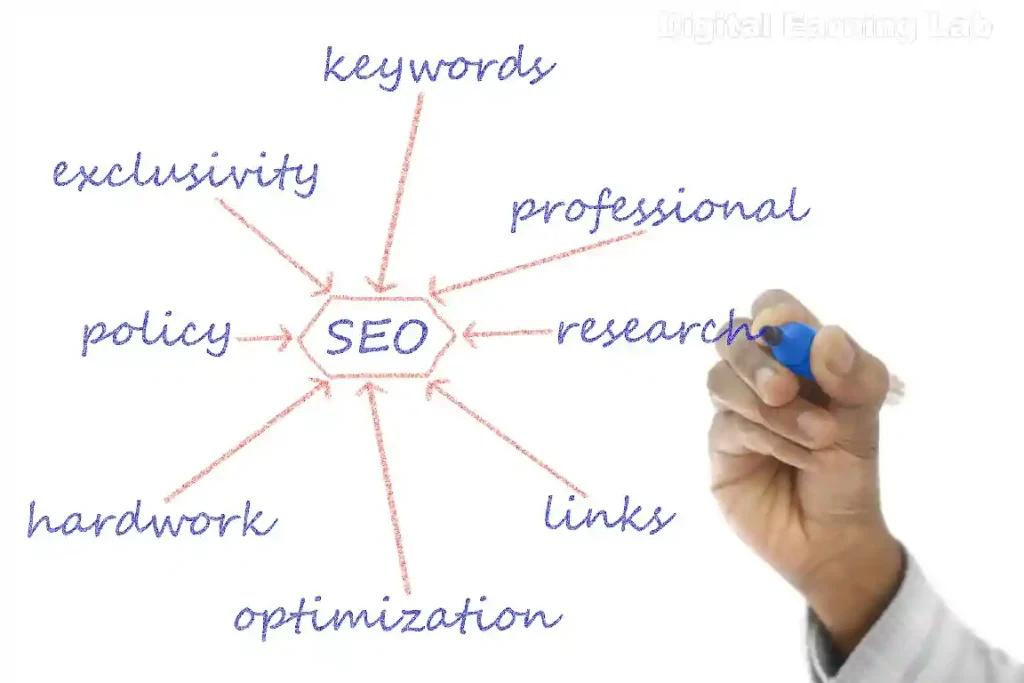
- Website Speed: One of the most important elements in Technical SEO is website speed. The faster your website opens, the more user-friendly it is. Indeed, it receives a higher rank from search engines like Google. Slow opening websites will enable visitors to run away, negatively affecting your ranking.
- Mobile Responsiveness: Over half of internet users browse websites using their mobile phones. Google does something called mobile-first indexing, where it takes a look at how your website fares over a mobile phone to see where it should rank you. Well, if your site isn’t responsive for mobile phones, you’re losing a ton of traffic and ranking.
- SSL Certificates (HTTPS): HTTPS is an encryption protocol that guarantees data transmitted by the user’s browser and your website is not intercepted. Google loves secure websites, which is why HTTPS can boost your ranking. Moreover, users are more likely to trust a secure site, too.
- XML Sitemaps: These help a search engine navigate your website. In other words, it’s like a roadmap through which the search engines come to know the location of each and every one of your important pages. This makes life easier in crawling and indexing your site.
- Schema (Structured Data): This is how you structure the content of your website so search engines understand what’s on each page. Example: through schema markup, the search engines may know that reviews, recipes, events, and more, are on your site.
It’s fairly important that your site doesn’t have any technical issues that make it hard-or impossible-for the search engines to find, crawl, and index. Some great content means very little if technical SEO is below average.
Why Both On-Page and Technical SEO Matter
Both on-page SEO and technical SEO are requirement for online success. Let me put this another way: on-page SEO is just like decorating the store to look good, so customers would want to go inside, while technical SEO is more about having a really good foundation of the building, having the lights inside work properly, and making sure the doors are not hard to get through.
On-Page SEO: It attracts visitors by promising to deliver the most relevant and high-quality content. It helps the search engine understand what your content is really worth.
Specialized SEO guarantees that look motors creep and record your site fittingly, letting it grant your substance an appearance it properly merits.
Without technical SEO, it will not show up in the results, no matter how great your content was. And without on-page SEO, a technically sound site might be incapable of holding any visitors.
-Which One is Key to Online Success?
You simply cannot have one without the other. A successful website will greatly need both On-Page SEO and Technical SEO. Operating on a single element occasions your website from giving you the best results.
- If your site is new: You would more or less want to focus first on Technical SEO, so that your website would be all optimized and crawlable in a full sense.
- If your site is ages old, you may continue striving to make better content for your visitors by paying more attention to On-Page SEO.
In particular, to be able to succeed in the online world, you should implement a balanced SEO strategy, including both On-Page and Technical SEO.
On-Page/Technical SEO: How to Strike a Perfect Balance for Success
Both On-Page SEO and Technical SEO should balance out to be really successful in the longer run. Following are some practical tips that will help in optimizing both:
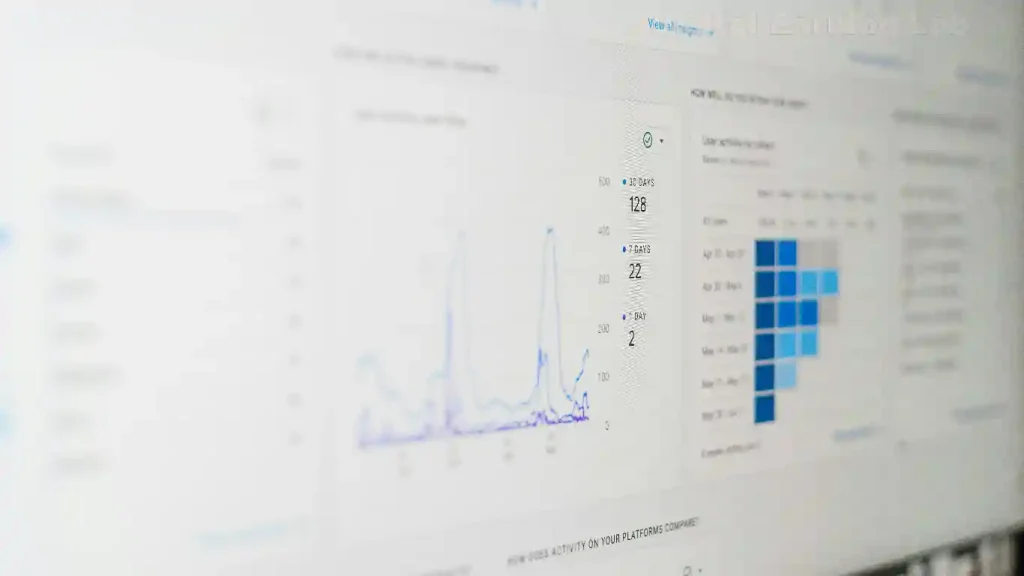
- Run Regular SEO Audits: Be regularly checking your website for both On-Page and Technical SEO issues. Tools like Google Search Console and other SEO software will help in identifying problem areas.
- Keep Yourself Informed about SEO Trends: It keeps on updating itself; new updates from Google keep on coming along, and the best practices also change with time. Keeping up with the latest trends will help to keep both your On-Page and Technical SEO at par.
- Attentive to User Experience: After all, a website will only be successful if it can offer a great user experience. On-Page SEO and Technical SEO go hand in hand in securing that users find valuable content and have smooth navigation through one’s website.
- Utilize SEO Tools: The use of SEO tools such as Google Analytics, SEMrush, and Moz will help you observe your website’s performance and give insights that will aide in the improvement of On-Page and Technical SEO.
Conclusion
So, which is the key to online success: On-Page SEO and Technical SEO? The answer is both. On-Page SEO allows you to create nice content that attracts users, while Technical SEO keeps your website in shape: fast, mobile-friendly, crawlable, and indexable by search engines. You need a balance between both facets of SEO if you are to be ultimately successful online.
This will improve your ranking in search engines and at the same time provide a good experience for your visitors. In this way, you drive more traffic, increase engagement, and hence attain online success.
FAQs
1. Can I succeed by focusing purely on On-Page SEO alone?
While On-Page SEO is crucial to engage users, not focusing on Technical SEO will lead to a mess of performance and rankings of the site. Both are required in order for either of them to be in place.
2. How regularly ought to I return to my SEO procedure?
You should revisit your SEO strategy time and again, with the tiniest bit of an upgrade over Google’s algorithm or the addition of new content.
3. Would I need any help from an SEO expert?
SEO itself is not complex, and you can learn about it and implement it yourself, but sometimes with more complex sites, you will need to consult a professional for deeper optimizations.
Both On-Page SEO and Technical SEO have been elaborated on in a very informative way here in this blog post, keeping in mind Google’s AdSense guidelines besides having human-like language and understandable English.
Visit to know more about Digital Income. Digital Earning Lab
